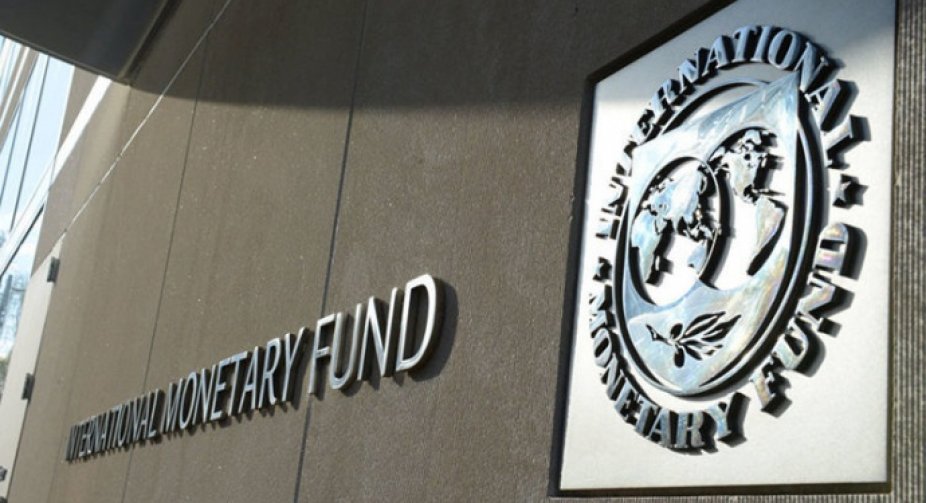In 2022, high economic growth and a decrease in inflation rates were expected in Europe. However, the Russian invasion of Ukraine changed the situation, said Alfred Kammer, director of the European Department of the IMF. He stated this at a press conference devoted to the economic prospects of Europe.
As Kammer pointed out, in 2022, thanks to the strength, coordination and solidarity shown in the response to COVID-19, Europe was on the way out of the pandemic. Rising inflation was expected to gradually ease as commodity and supply bottlenecks eased.
"But Russia's invasion of Ukraine has completely changed this picture, and it is now causing more and more damage to the European economy. Gas flows from Russia to Europe have decreased by more than 80% compared to 2021. As a result, energy prices have jumped and are unlikely to return to pre-war level," the IMF representative said.
This terms-of-trade shock increased firms' costs and caused a cost-of-living crisis, he said. In response to higher and more persistent inflation, central banks acted decisively and financial conditions tightened.
Under the influence of these forces, Europe's prospects have worsened, growth rates are expected to decline, and inflation will remain high. GDP growth in advanced European economies is forecast to decline from 3.2% in 2022 to 0.6% in 2023, a downward revision for 2023 of 0.7 percentage points compared to the July forecast.
In emerging market Europe, growth rates are also forecast to decline sharply from 4.3% in 2022 to 1.7% in 2023 - a downward revision of 1 percentage point.
"In conflict countries, production losses will be very large. Ukraine's GDP will decline by more than a third in 2022, while Russia's GDP is projected to be about 10% lower than pre-war forecasts by 2023," Kammer said.
According to the IMF's forecast, inflation should decline steadily next year, but it will remain well above the central banks' targets.
"We forecast general inflation at the level of about 6% in European countries with developed economies and 12% in countries with developing economies in 2023," Kammer added.






